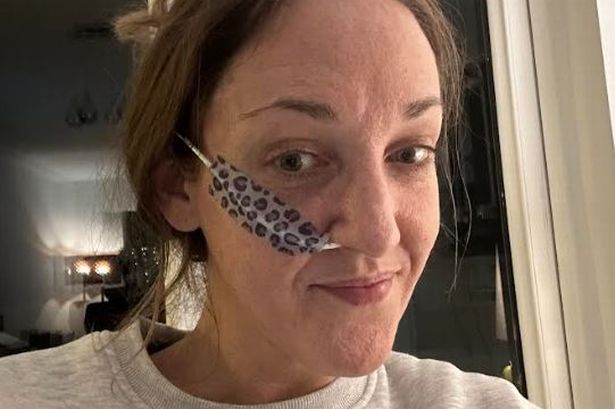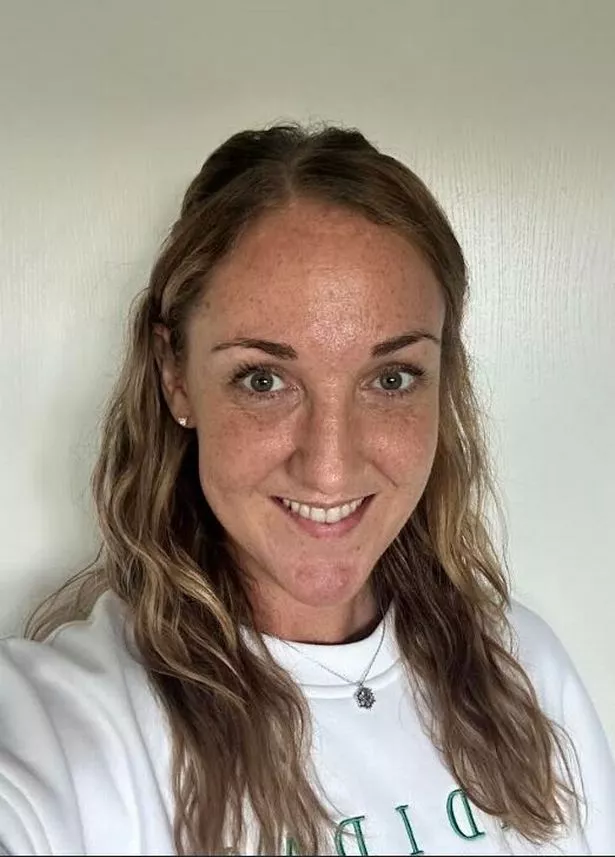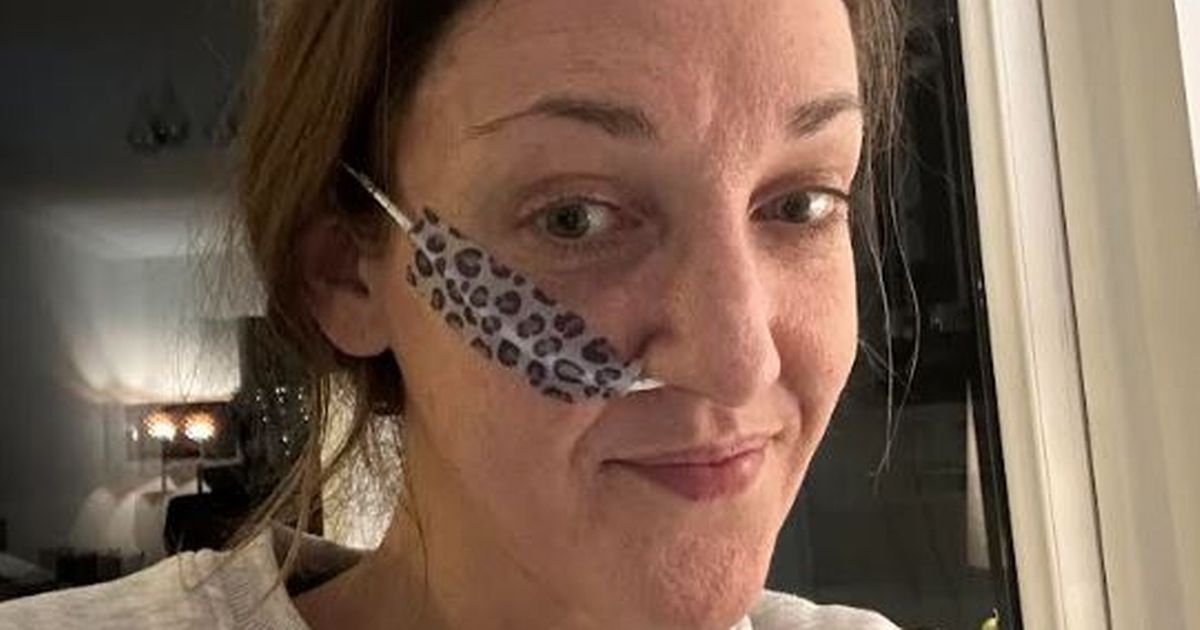Lisa Pengelly is now on the road to recovery thanks to an organ donor and has thanked their family for her ‘life-changing gift’ and urged others to consider going on the organ donation register Lisa Pengelly(Image: Royal Free London)
Lisa Pengelly(Image: Royal Free London)
Lisa Pengelly suffered from brain fog and fatigue so severe she had to give up her job. The 35-year-old said: “My voice had become slurry and I was very forgetful. I was so fatigued that I would take my daughter to school and then sleep for several hours immediately afterwards.”
Her debilitating symptoms saw her diagnosed with scarring on her liver and she was placed on the liver transplant list in January. But it’s something Lisa is no stranger too, as this was her second transplant, despite her relatively young age. For the biggest stories in Wales first, sign up to our daily newsletter here
The mum from Cardiff is now celebrating regaining her voice and her life after receiving that second liver transplant at the Royal Free Hospital this summer. But the life-saving procedure came with new challenges, with Lisa being told she might yet need a third transplant. Read here about how one choice which can cut a child’s risk of developing asthma by 48%.
Lisa was just three-years-old when she had her first liver transplant, as a result of acute liver failure. Unsurprisingly, she recalls very little apart from a memory of riding a trike on a children’s ward.
As she grew up, Lisa’s on-going care remained in Birmingham Children’s Hospital but once she became an adult it switched to Bristol Royal Infirmary, where she was checked over every six months.
Lisa, who is mum to a seven-year-old daughter called Eira, as well as two step-children, Elis and Seren aged 12 and 16, was diagnosed with recurrent cirrhosis (scarring on the liver) affecting her transplanted liver, nearly three years ago.
A year later she began declining further and developed hepatic encephalopathy, a type of brain dysfunction occurring in people with advanced liver disease. Her deteriorating health meant she had to temporarily give up her job in communications and business management.
This summer she finally got the call that a suitable liver had become available. After driving through the night to London with her husband Mike she underwent the lengthy procedure. The result was spectacular.
“Within a day or two I felt like a changed woman,” recalled Lisa. “I could see the jaundice had gone as well as all the broken capillaries on my chest and arms. I remember looking in the mirror and not recognising myself!”
But Lisa was not out of the woods. Her blood counts showed her new liver was being rejected and doctors warned her she might even have to have to undergo an emergency third liver transplant. She said: “It was bizarre because I felt fine but the doctors were worried.”
 Lisa after her transplant(Image: Royal Free London)
Lisa after her transplant(Image: Royal Free London)
Lisa was immediately put on therapeutic plasma exchange which helps to remove the antibodies rejecting the new liver.
She said: “The team on my ward and in renal dialysis were absolutely brilliant. They were really fun and kept things light-hearted despite the seriousness of the situation.”
After several treatments Lisa’s blood tests began to improve and after 16 days in hospital she was able to go home.
Lisa continues to go from strength to strength.
She said: “I’m going out spending time with family and seeing friends and I can now hold a conversation which is a huge milestone…I want to say a big thank you to all the doctors and nurses who looked after me at the Royal Free Hospital, including the team in ITU who took incredible care of me.”
After nearly a lifetime of being an organ recipient it is perhaps no surprise that Lisa is a passionate advocate of organ transplant donation.
She said: “Without people agreeing to be donors and making their feelings known to their loved ones in event of their death, people like me wouldn’t be here.
“My life has been saved twice over by my liver transplant donors, and also by blood donors. I’m eternally grateful and I would urge people to do what they can.”
In Lisa’s case she received a liver from someone whose heart had stopped, known as a Donation after circulatory death (DCD). Currently only about 1% of retransplants are done with DCD livers.
The transplant team used normothermic regional perfusion (NRP), a technique which helps to assess and improve an donor organ’s suitability.
Lisa’s transplant surgeon, David Nasralla, said: “The emergence of new machine perfusion techniques in recent years has helped to expand the use of DCD livers.
“I’m delighted Lisa continues to recover well and would like to thank the donor’s family again for supporting this life-changing gift.”
In 2019, the law around organ donation changed in Wales and everyone is now presumed to agree to donate their organs when they die unless they record a decision not to.
However, no-one is automatically added to the donor register and family members are still involved in the decision to donate. Therefore, it is vital that people sign up and tell their loved ones that they wish to donate.

